Trust Lawyer
In estate planning, trusts are invaluable tools that help individuals manage their assets and ensure the efficient distribution of their wealth. Two common types of trusts used are revocable trusts and irrevocable trusts. While both serve similar purposes, they differ significantly in terms of flexibility, control, taxation, and asset protection. Our friends at Shur Law dive into the differences between revocable trusts and irrevocable trusts to help you make informed decisions about your estate planning goals.
Revocable Trust
A revocable trust, often referred to as a living trust or inter vivos trust, is a legal arrangement that allows individuals to maintain control over their assets during their lifetime while designating beneficiaries for the eventual transfer of those assets upon their death. The key feature of a revocable trust is that it can be altered, amended, or revoked by the settlor (the person who establishes the trust) at any time. This flexibility makes revocable trusts a popular choice for individuals who value control and wish to adapt their estate plans as circumstances change.
Advantages of Revocable Trusts
Flexibility
With a revocable trust, the grantor retains the power to modify or revoke the trust as desired, providing flexibility to adjust beneficiaries, asset allocations, or even dissolve the trust entirely.
Probate Avoidance
One of the primary benefits of a revocable trust is its ability to bypass the probate process. Upon the grantor’s death, the assets held in the trust can be distributed to beneficiaries without the need for court involvement, ensuring privacy and potentially reducing costs and delays.
Incapacity Planning
A revocable trust can also include provisions for the management of assets in the event of the grantor’s incapacity. By appointing a successor trustee, the trust assets can be seamlessly managed without the need for a court-appointed guardian or conservator.
Limitations of Revocable Trusts
Estate Tax Implications
Assets held within a revocable trust are still considered part of the settlor’s estate for tax purposes, potentially subjecting them to estate taxes. However, proper estate planning techniques can help mitigate these tax implications.
Creditor Protection
Unlike irrevocable trusts, assets within a revocable trust remain accessible to the settlor’s creditors, providing limited asset protection.
Irrevocable Trust
In contrast to revocable trusts, irrevocable trusts are permanent and cannot be altered or revoked by the grantor once established, except under specific circumstances defined by the trust agreement or state law. Once assets are transferred into an irrevocable trust, the grantor relinquishes control and ownership rights, and the trust becomes a separate legal entity.
Advantages of Irrevocable Trusts
Asset Protection
One of the most significant benefits of an irrevocable trust is the potential for enhanced asset protection. Since the grantor no longer owns the assets, they are shielded from creditors and lawsuits, preserving them for the intended beneficiaries.
Estate Tax Planning
Irrevocable trusts can help minimize estate taxes by removing assets from the grantor’s taxable estate. By transferring assets to an irrevocable trust, they are effectively removed from the grantor’s ownership, reducing potential estate tax liability.
Medicaid and Government Benefits
Assets held in an irrevocable trust may not be counted for determining eligibility for Medicaid or other government benefits so long as properly and timely transferred, providing a strategy for long-term care planning.
Limitations of Irrevocable Trusts
Lack of Flexibility
Once established, the terms of an irrevocable trust generally cannot be changed. This lack of flexibility may limit the grantor’s ability to adapt the trust to changing circumstances or beneficiary needs.
Loss of Control
By transferring assets into an irrevocable trust, the grantor relinquishes control over those assets, as decisions regarding distribution and management are entrusted to the appointed trustee.
Choosing between a revocable trust and an irrevocable trust depends on your specific estate planning objectives, financial circumstances, and personal preferences. Revocable trusts offer flexibility and control during the grantor’s lifetime, while irrevocable trusts provide enhanced asset protection and estate tax planning benefits. It is essential to consult with an experienced estate planning attorney to understand the implications of each trust type and craft a comprehensive estate plan that aligns with your goals and priorities. Remember, estate planning is a complex and highly individualized process, and professional guidance from a trust lawyer is crucial for making informed decisions to protect your assets and loved ones.

